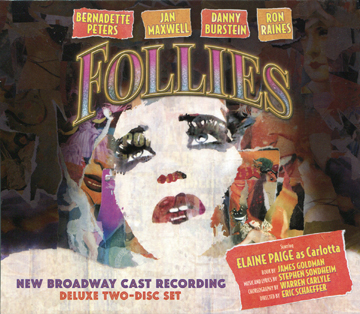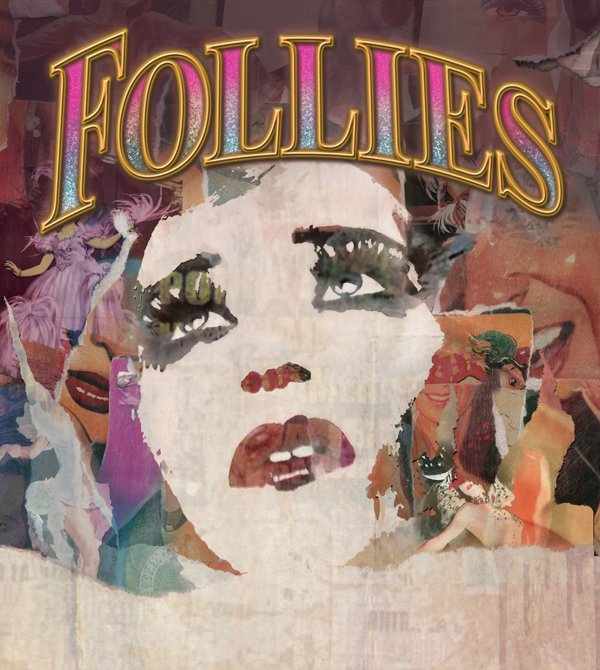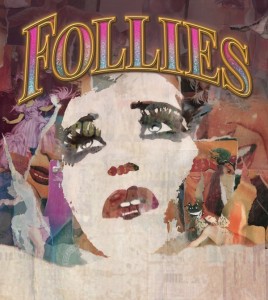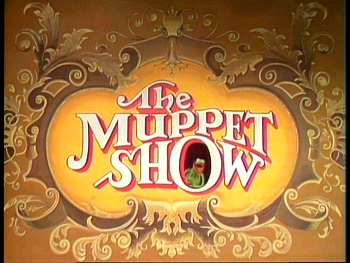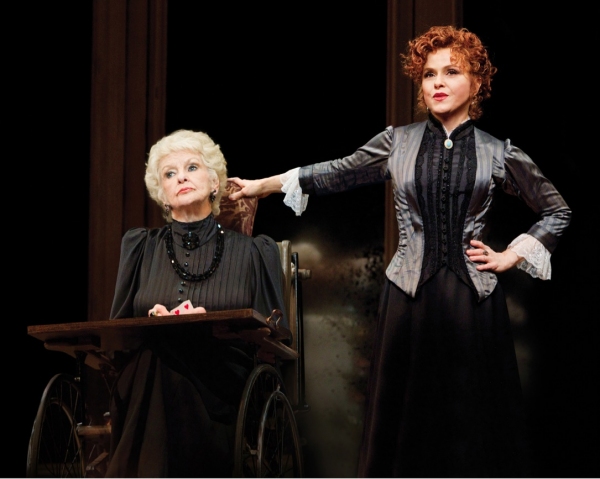First off, some good news. The Drama Desk Awards committee has decided to reinstate the award for Outstanding Orchestrations, nominating Bill Elliott (Nice Work If You Can Get It), Larry Hochman (Death Takes a Holiday), Martin Lowe (Once), John McDaniel (Bonnie & Clyde), Michael Starobin (Queen of the Mist), and Danny Troob (Newsies). There was a considerable uproar from practically the entire Broadway community as well as theatre fans, with a grassroots campaign to try to rectify the situation. Blogs from Mr. Starobin and Jason Robert Brown went viral, Drama Desk president Isa Goldberg’s inbox was flooded with emails, and an online petition garnered over 3000 signatures, including many of Broadway’s best and brightest. I am relieved to see that all this action had a positive impact, and am glad to see the award reinstated. Congratulations to all the nominees, and all orchestrators, period.
Encores! presented Rodgers and Hammerstein’s Pipe Dream, an unusual failure based on the Steinbeck novel Cannery Row. While there are some lovely tunes in the score (and some gorgeous Robert Russell Bennett orchestrations), there is almost no musical there. Something about bums and prostitutes on the California coast living near each other. The central conflict between the two would be lovers (a scientist who lives by the sea and a failed prostitute…I think) is that they are two stubborn to admit they love each other. The rest involves colorful characters, including a warm Madam, some bums and a character named Joe the Mexican. I doubt we’ll ever see this show staged again, so it was interesting to hear it at City Center. Will Chase and Laura Osnes played the lovers. Both sang well, but there wasn’t much for them to play. Stephen Wallem and Tom Wopat provided some amusement. The evening belonged to Leslie Uggams, who brought that big voice and charm to the proceedings. Her understated performance of “All At Once You Love Her” brought down the house. I was in hysterics during the last ten minutes, as everything suddenly rushed to the finale. There may have been a musical in Steinbeck’s novel, but it certainly wasn’t for R&H. A live cast album will be released by Ghostlight this summer. This excites me, as this might make it more financially feasible for other Encores! shows to be recorded.
Apparently I did the impossible: I won The Book of Mormon lottery. I was down in the city filming the Leap of Faith video for Patty and Emily, and decided to try. The girls were seeing a different show that night so they offered to help. My pal Russ Dembin joined us, as well. I was delighted and surprised to hear my name called. I entered not expecting to win, but rather to just get an entry in for the upcoming fan performance in June. One thing I’ll never forget is the look on the Lotto Guy’s face as he called my name and as I went to perk up, Patty and Emily started shaking their tambourines. It was the first and only time I’d seen him nonplussed this afternoon. Anyway, I made my way forward, and from the way everyone working the lottery and box office treated me, you’d have thought I just had my first child. I can honestly say I’ve never had a nicer time on line to buy tickets. This marked my first time seeing the hit musical, and my second time playing The Book of Mormon lottery.
Since it’s almost impossible to get into the show, I made the conscious choice a year ago not to listen to the original cast album. While hearing the score hadn’t impeded my enjoyment of, say, Urinetown or Avenue Q, I decided that I wanted to go in fresh. The only thing I knew was the translation of the phrase “Hasa Diga Eebowai” and the song “I Believe” from the Tony telecast. Most of the original cast is still in the show, and are likely staying put for a while. Andrew Rannells will likely never have a better role in his career, at least one that displays his considerable talents so effectively. Jared Gertner was on for Josh Gad, but considering how funny Gertner is it didn’t detract from the experience. When I wasn’t laughing, I was smiling one of those silly, ear-to-ear types, just basking in the joy emanating from the stage. And I just wanted to hug the Tony-winning Nikki M. James, she anchors the show with so much sincerity and heart.
The show is expertly crafted with great tunes and winning characters. Hats off to the writers for crafting an exceptional book, building the show to a gut-bustingly hilarious payoff in (“Joseph Smith American Moses” sent me to another plane entirely). Profane, for sure, but with a rather wonderful message. I’ve made up for lost time with the cast album in the days since, finding my appreciation and laughs growing with each subsequent listen. One of the cool things about being a lottery winner: I was sitting front row dead center, right behind musical director/conductor Stephen Oremus, whose conducting is a show in itself.
On the opening night front, there were something like 12,000 opening nights on Broadway this month. An exaggeration, but as sure hell felt like it. I attended one of them: One Man, Two Guvnors, the hardest I’ve laughed at a show since, well, The Book of Mormon. James Corden stars as the charmingly corpulent harlequin in this delicious update of an ancient commedia dell’arte imported from London with its original cast intact. (A band, The Craze which provides the skiffle music heard before and during the show is made up of American performers). Mixing the low comedy with improvised bits and audience participation, the show is nothing less than an all-out riot. Corden dominates the evening, but he is supported by a brilliant ensemble. Special mention to Daniel Rigby, Oliver Chris and especially Tom Edden for inspired bits of hilarity. I won’t say more, as I don’t want to spoil the fun. Just know that by intermission, my sides ached from laughter and I want to go back again and again. Also, you’re going to want the original London cast album. Trust me.
Now. Here. This. has since closed, but I’m glad I got a chance to see the new show from the [title of show] team at the Vineyard. Jeff, Heidi, Susan and Hunter were back and in glowing adorkable form as they shared personal memories, from hilarious to embarrassing to devastating. I can’t say the new show is an instant classic like their first Tony-nominated outing, but it was a joy to see all four performers together again and hear them sing and dance and quirk up a storm. I was especially moved by the segment about grandmothers, having a reaction similar to that at Love, Loss and What I Wore – their memories unlocked my own. I hope they all continue to give us more to see over the years. The quartet exudes such good will, that it is hard for me not to cheer them on. I hope a cast album is forthcoming. (You heard me, Ghostlight).
Tomorrow comes the Tony nominations and all the insanity that awards season brings. Good news: Hugh Jackman is getting a special Tony Award. I don’t know why these awards bodies decide on whims to delete important categories, especially the still-defunct Special Theatrical Event category that the Tonys had for a mere ten years. Since Mr. Jackman is ineligible to be considered in any category, and has done so much for the Broadway community, it is nice to see him so honored. More good news: Bernadette Peters is deservedly receiving the Isabelle Stevenson Award for all the charity work she has done on behalf of Broadway Barks and BC/EFA. I look forward to both acceptance speeches. (And for God’s sake, let them perform!)
